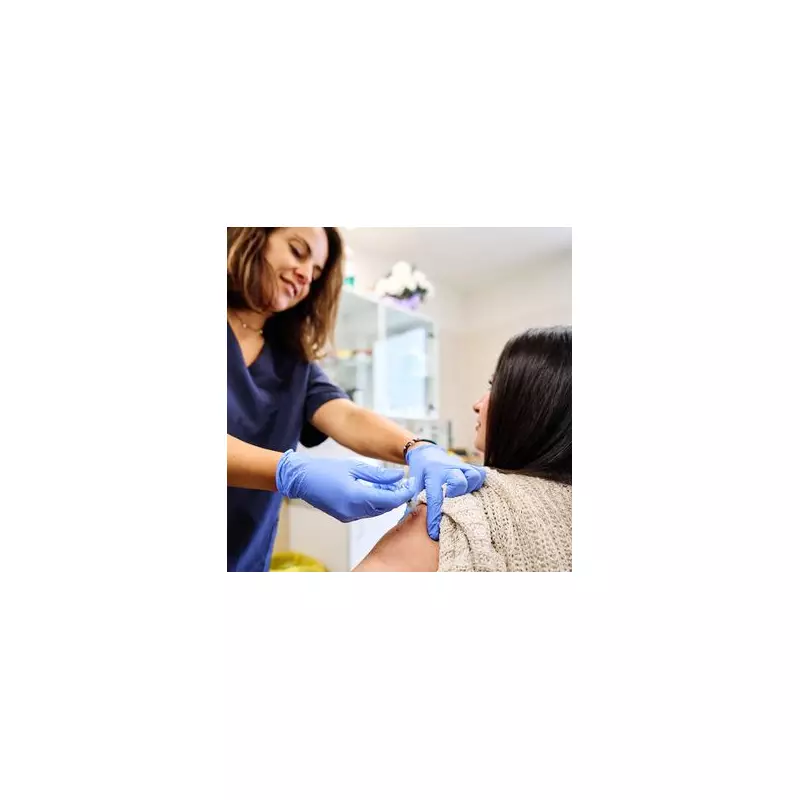
The NHS has issued an urgent health alert targeting three specific groups of people who need to seek immediate medical attention if they show symptoms of Strep A infection. Health officials are particularly concerned about rising cases of invasive Group A streptococcus (iGAS), which can lead to serious complications if left untreated.
Who Needs to Act Immediately?
Medical experts have identified three key groups that should not hesitate to contact healthcare services if Strep A symptoms appear:
- Elderly individuals aged 65 and over
- People with compromised immune systems due to existing health conditions or treatments
- Those with chronic illnesses such as diabetes, heart disease, or cancer
Recognising the Warning Signs
Strep A infections typically begin with common symptoms that can rapidly escalate. Key indicators include:
- Severe sore throat that persists beyond normal illness duration
- High fever that doesn't respond to over-the-counter medications
- Painful, swollen glands in the neck
- Development of a fine, pinkish-red rash that feels like sandpaper (indicating scarlet fever)
- Difficulty swallowing or breathing
Why Prompt Action Matters
While most Strep A cases remain mild, the invasive form of the infection can lead to life-threatening conditions including sepsis, necrotising fasciitis, and streptococcal toxic shock syndrome. Early antibiotic treatment is crucial to prevent these serious complications.
Dr. Sarah Jenkins, a leading NHS consultant in infectious diseases, emphasised: "We're seeing a concerning increase in severe Strep A cases among vulnerable populations. The message is clear - if you're in an at-risk group and develop these symptoms, don't wait. Seek medical help immediately as early intervention can be lifesaving."
Current Situation and Prevention
The UK Health Security Agency has reported higher than usual cases of invasive Group A strep this season. Health officials attribute this increase to several factors, including reduced immunity following pandemic restrictions.
Preventative measures include regular hand washing, covering mouth and nose when coughing or sneezing, and avoiding close contact with infected individuals. However, for those in high-risk categories, vigilance about symptoms remains the most critical defence.
The NHS advises that anyone experiencing severe symptoms should contact NHS 111, their GP, or in emergency situations, visit A&E immediately.





